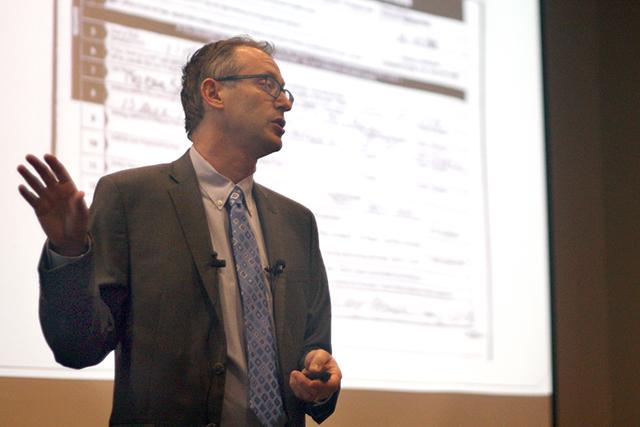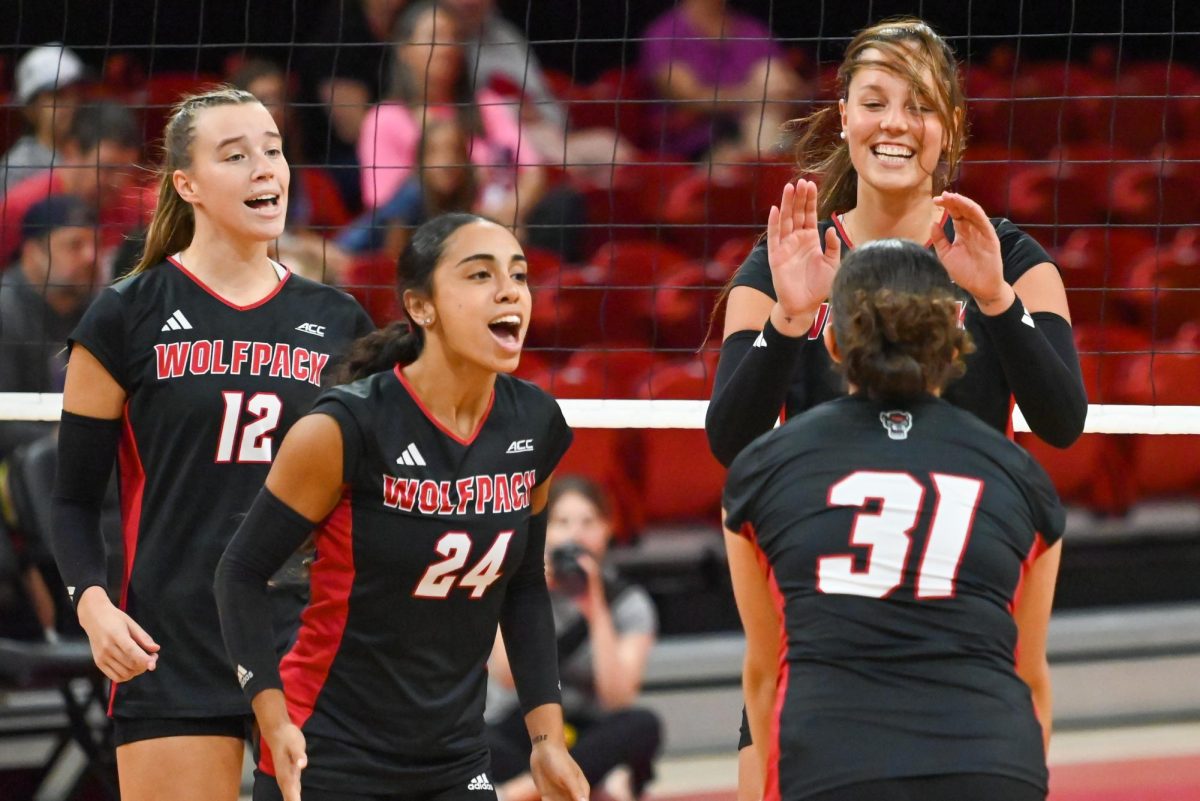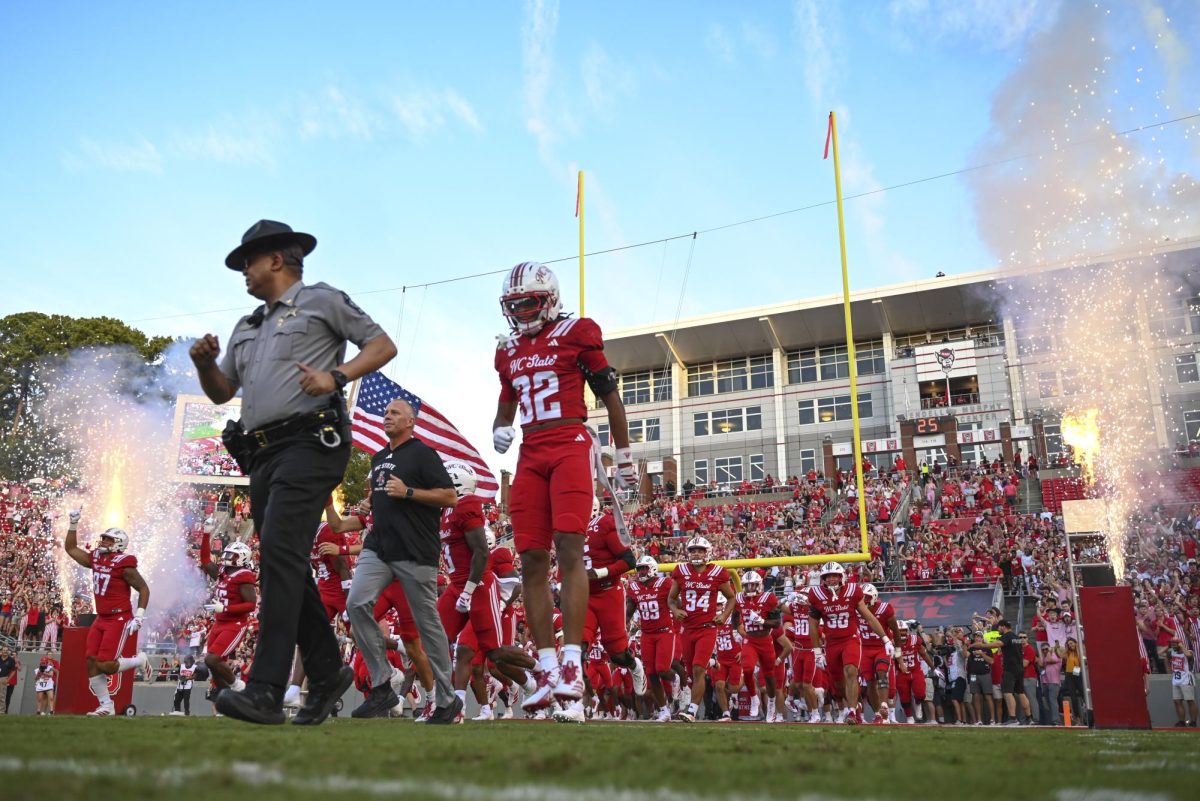On Thursday night, the School of Public and International Affairs hosted Professor Richard Hasen from the UC Irvine School of Law to deliver his 2013 American Values Public Lecture.
The lecture, “North Carolina’s New Front in the Voting Wars”, highlighted the elements of race, party and politics in the world of elections.
David Gilligan, a political consultant, said changes made to voting laws have created tension among many political officials.
“There have been a lot of big changes with the spring courts’ decisions over the past few years and what the legislature has done,” Gilligan said. “I look forward to hearing about those changes.”
These changes were made in the form of North Carolina House Bill 589, which required voters to provide photo identification, reduced early voting by one week and removed same-day registration and pre-registration for 16 and 17-year olds.
Hasen said that changes came from the ongoing war between race and political parties during elections.
“The solution to these battles is going to have to come from the federal government,” Hasen said.
House Bill 589 enforced voter identification and made voter-fraud more difficult.
While arguments between political parties continue to be evident in elections, race has also played a prominent part.
However, in his lecture, Hasen questions the different impacts that both race and party have on elections. While both are prevalent, he said they are often interchangeable.
“When we talk about race and when we talk about party, are they really so separate?” Hasen said.
Hasen finds that it is important to consider both aspects in order to create a fair foundation in the realm of politics and elections.
“Doing [this] would help to restore the core American value of suffrage,” said Hasen.
Over the course of his lecture, Hasen said that many of the changes made by House Bill 589 have placed pressure on voting fairness.
He said only eligible voters should be able to register and have their votes counted.
Hasen presented the idea of eliminating absentee balloting, which would dramatically minimize voter fraud.
Hasen said he suports pre-registration for 16 and 17-year-olds still in high school.
“It is much more expensive to register their information later on,” Hasen said.





